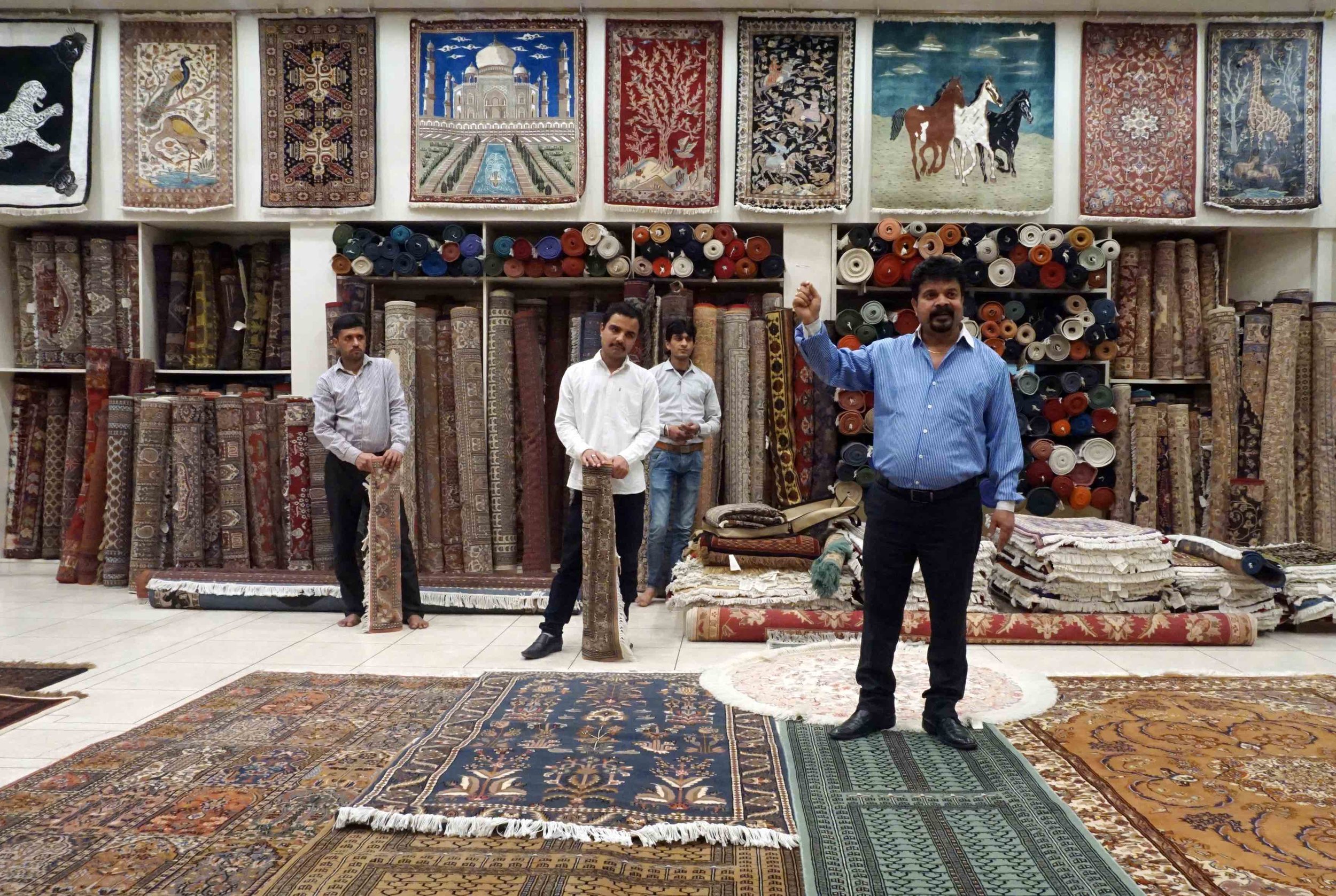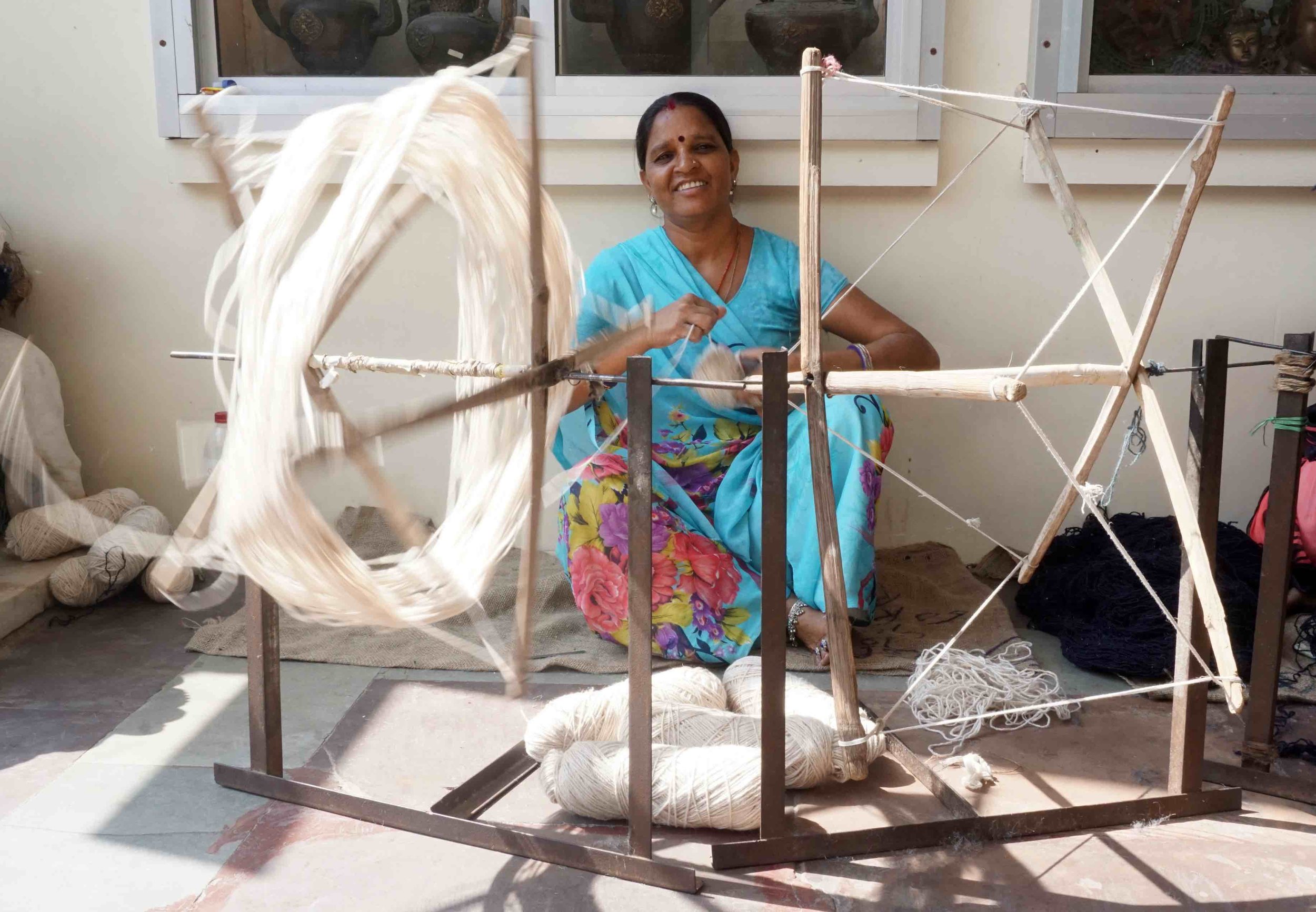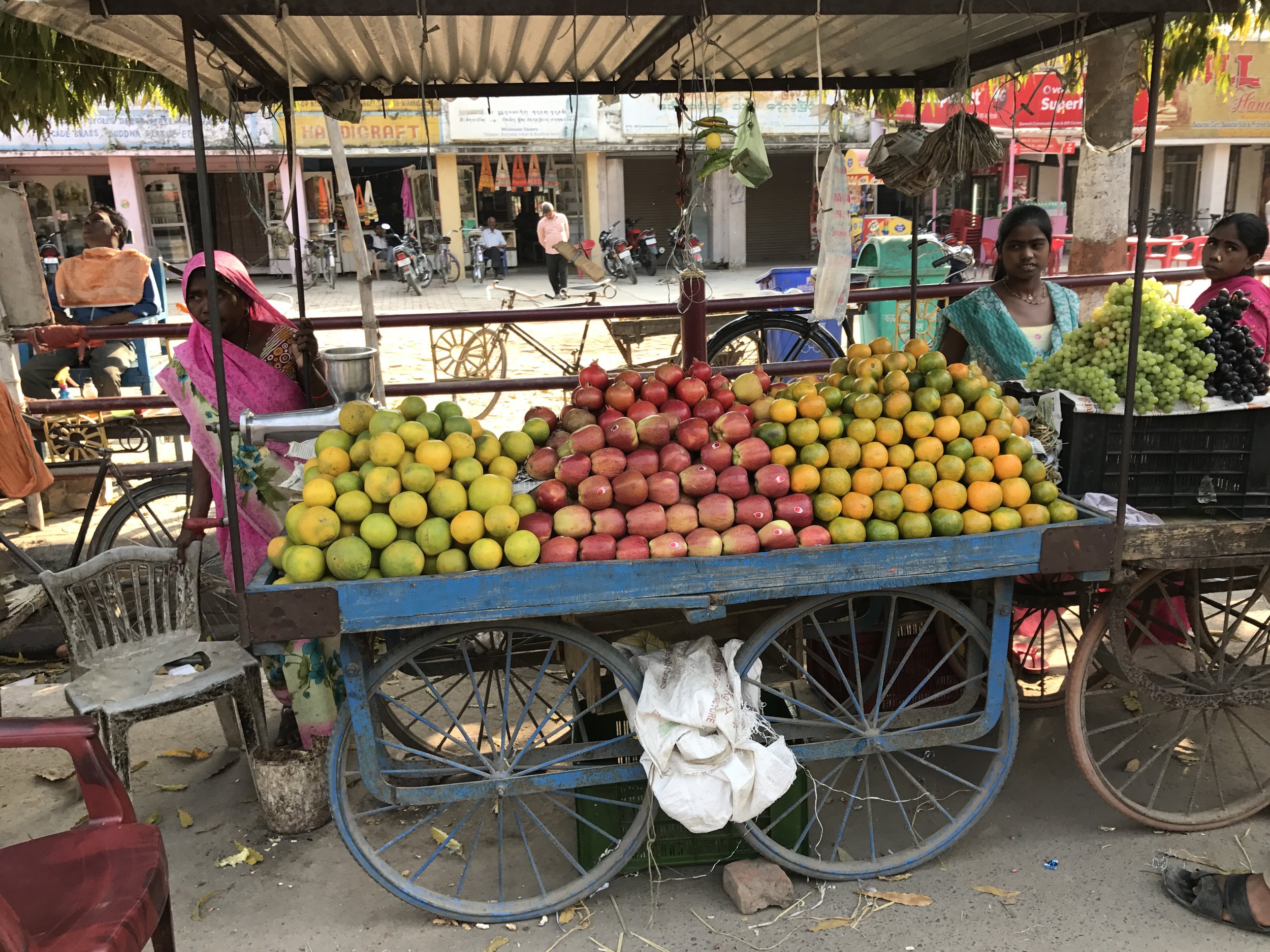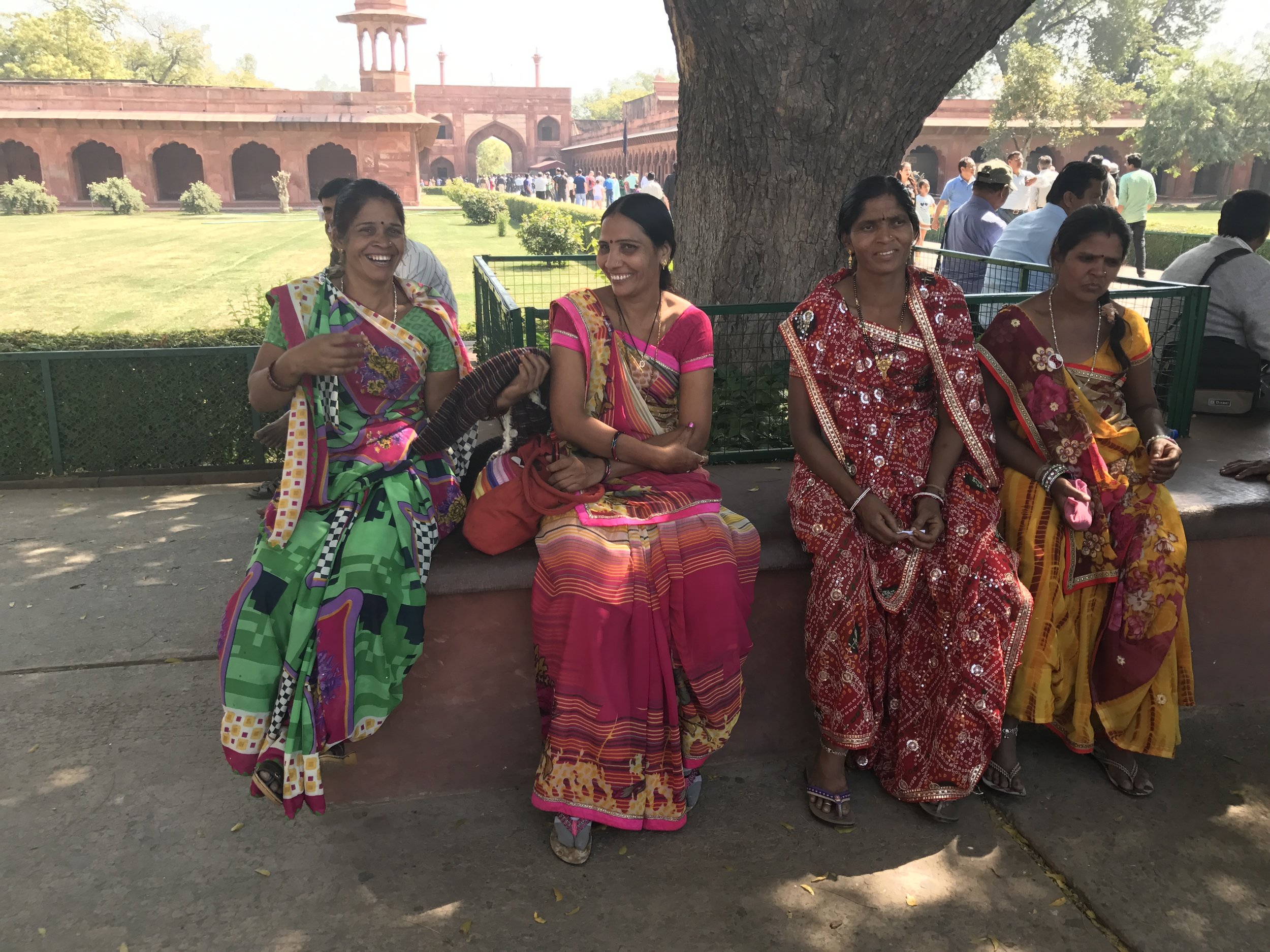It is not every tour company that decides to give back to the communities that it serves. Inspiration India “Ride the Blue Elephant”, under the leadership and vision of Anup Nair, embraces the responsibility of creating a shared value through corporate social responsibility to his tourists, local communities, and employees.
Incentive Foundation was founded in March 2005 with the goal of empowering sustainable change through education. The overall mission of the Foundation is to empower people and bridge the socio-economic divide in selected locations in and around India. To achieve the goal, the Foundation provides support in the areas of education, women’s empowerment and healthcare.
In the urban village of Bandhwari outside of Delhi, the Incentive Foundation has three specific projects that are not only sustainable, but are also designed to the scalable to other locations. These projects address the issues of education, women’s empowerment and health.
The Bandhwari Government School
The Foundation has been successful in not only improving the quality of education through collaboration with various educational institutions, but also improve the physical facilities through a program of building students’ desks/benches, painting the school and developing art work in the form of a map of India in its hallways.
Non-Formal Education
Social pressure in India discourage young women from continuing their education beyond middle school. The Incentive Foundation is challenging that paradigm by providing young women tutoring to facilitate their successful completion of the written exams needed for entrance into universities.
Self Help Groups
The Incentive Foundation strives to empower women by providing them an opportunity to develop skills that will result in their earning wages. The Bandhwardi’s Women Group has set up a center where women are trained in constructing fabric based products including design support, quality control and material sourcing.
Day Care
On site day care services are provided for the women in the non-formal education and university preparation
Health Camps
On a regular basis, The Incentive Foundation, in collaboration with local hospitals, conducts several health camps to spread health awareness using a house-to-house campaigning methods.
12 First Floor, MGF Megacity Mall
MG Road, Gurgaon 122022
www.inspirationindia.travel
anup@inspirationindia.travel



























